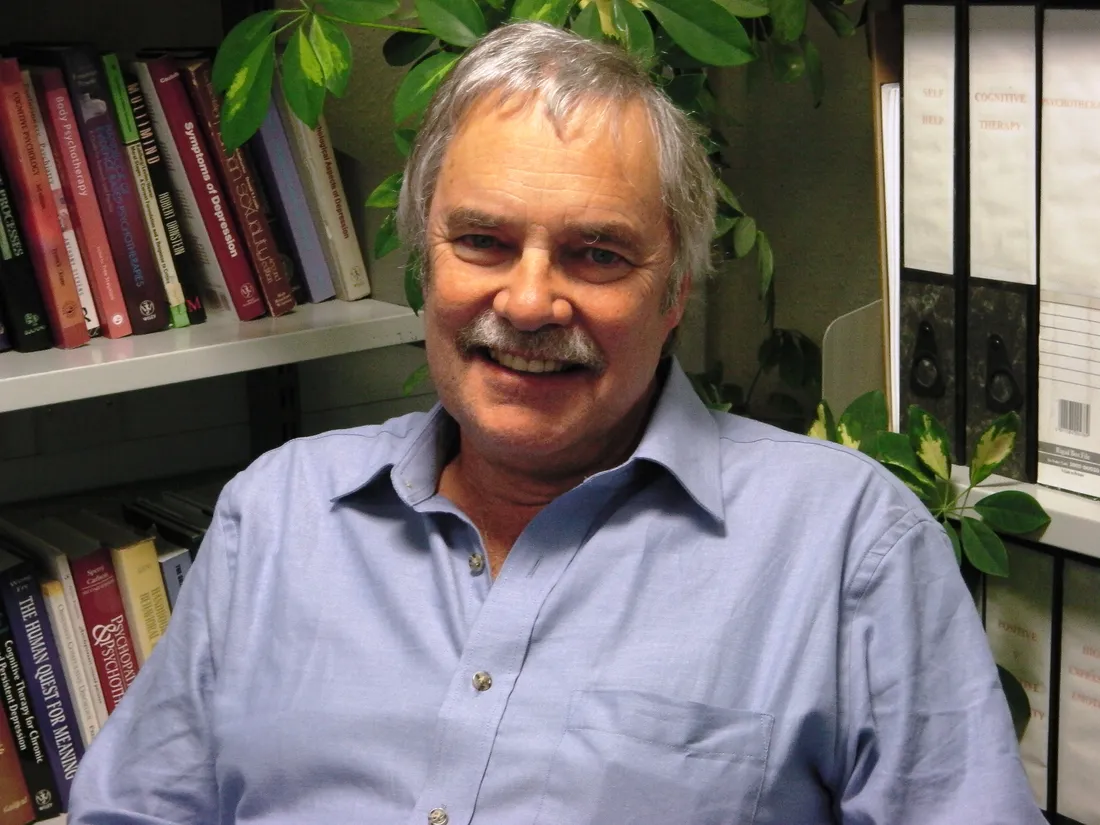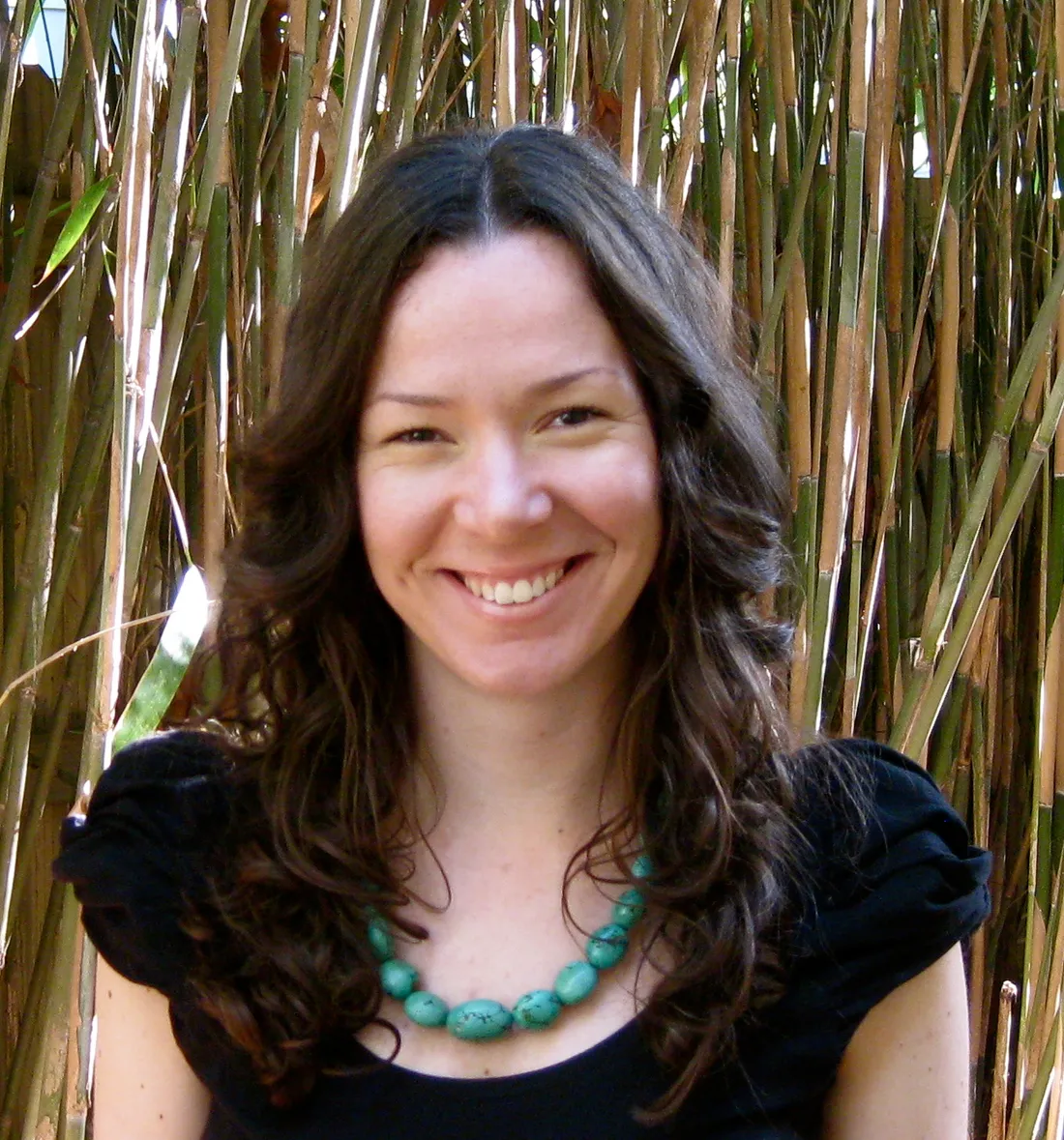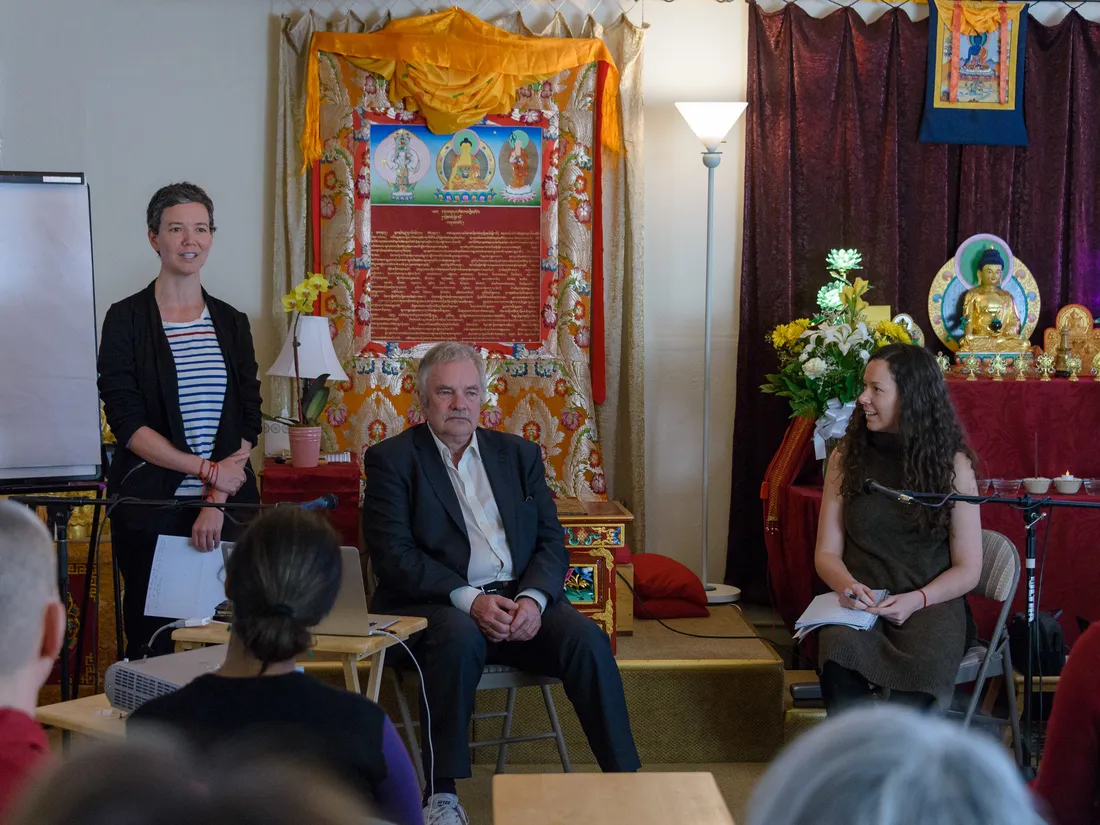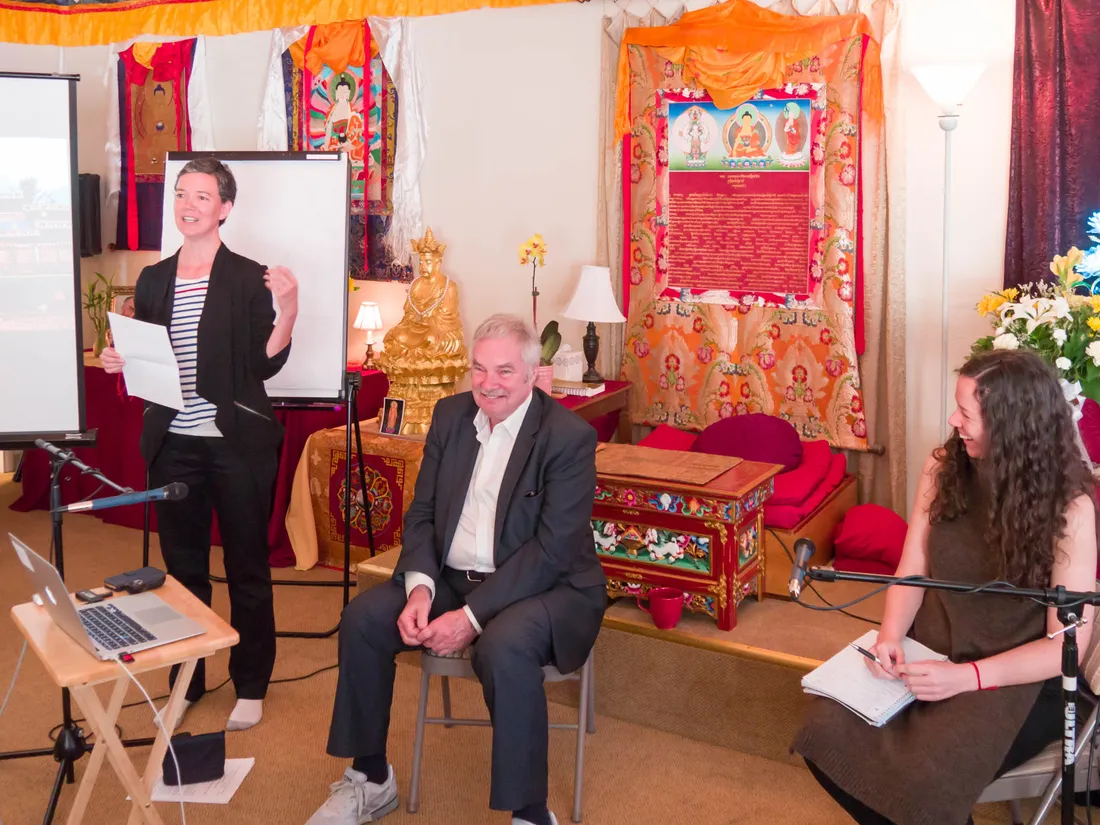Evolution Brain, Compassionate Mind
Saturday, March 19, 2016
9:30am – 5:00pm
see detailed schedule below
Synopsis
Compassion is often defined as a “sensitivity to suffering
in self and others with a commitment to try to alleviate and
prevent it.” At the centre of this definition are two basic
processes. The first process involves developing courage to
see clearly into the nature and causes of suffering—not to
shun away or avoid. The second process involves committing
to acquiring the wisdom to know what to do.
In this short one-day experiential workshop we will look
into the nature of suffering as arising from the
evolutionary process itself—the flow of life which all
living things are caught up in. We will then consider ways
in which compassionate motivation and a compassion-focused
approach can improve our own well-being and that of
others. We will explore how our inner compassionate selves
can help to work with difficult emotions and in particular
our self-critical sides. The workshop will consist of some
teaching, mindfulness and breathing exercises, imagery and
guided discovery.
Audience
The workshop is open to those who have an interest in this area. Some knowledge of the contemplative traditions would be helpful but not essential. We will be looking at the implications of having a brain that evolved over many millions, and why the human brain is actually very tricky and can be a source of harm as well as healing through no fault of our own. We will have a taste of how compassion cultivation can help us to stabilise and orientate the mind for the well-being of self and others.
Continuing Education Credit
6 hours of APA Continuing Education Credit are available for
psychologists. CEs for psychologists are provided by the
Spiritual Competency Resource Center which is co-sponsoring
this program. The Spiritual Competency Resource Center is
approved by the American Psychological Association to
sponsor continuing education for psychologists. The
Spiritual Competency Resource Center maintains
responsibility for the program and its content. SCRC is a
California Board of Registered Nursing Provider (BRN
Provider CEP11909). The California Board of Behavioral
Sciences accepts CE credits for license renewal by LCSWs and
MFTs for programs from approved sponsors of CE by the
American Psychological Association.
For questions about CE visit spiritualcompetencyacademy.com
or contact David Lukoff, PhD at david.lukoff@gmail.com.

Paul Gilbert, FBPsS, PhD, OBE is Professor of Clinical Psychology at the University of Derby and Consultant Clinical Psychologist at the Derbyshire Health Care Foundation Trust. He has researched evolutionary approaches to psychopathology 40 years with a special focus on shame and the treatment of shame based difficulties — for which compassion focused therapy was developed. He was made a Fellow of the British Psychological Society in 1993. In 2003 Paul was president of the BABCP and a member of the first British Governments’ NICE guidelines for depression. He has written/edited 20 books and over 200 papers. In 2006 he established the Compassionate Mind Foundation a charity with the mission statement "To promote wellbeing through the scientific understanding and application of compassion". He has run many retreats for personal practice of developing compassion, rooted in our understanding of our evolved brains and minds. He was awarded an OBE in March 2011.

Brooke D. Lavelle Heineberg is the Co-Founder and Executive Director of the Courage of Care Leadership Council, a non-profit organization dedicated to providing Innate Compassion Training (ICT) programs and support to individuals and communities in education, health care, and other areas of social service. She is also Senior Education Consultant to Mind & Life's Ethics, Education, and Human Development Initiative and a co-developer of the Call to Care program for teachers and students. Brooke holds a PhD in Religious Studies and Cognitive Psychology from Emory University. Her academic work focuses on the confluence of Buddhist contemplative theory and cognitive science, as well as the cultural contexts that shape the transmission, reception, and secularization of Buddhist contemplative practices in America. While at Emory, she served as a lead instructor for several studies examining the efficacy of Cognitively-Based Compassion Training (CBCT), and has helped to develop and adapt CBCT for school children as well as adolescents in Atlanta's foster care system. In 2010, she helped developed the CBCT Teacher Training Program, and served as associate training director.
Schedule
Recommended Reading
Gilbert, P. (2009).
The Compassionate Mind: a New Approach to the Challenge of Life.
California: New Harbinger.
Gilbert, P (2013). Mindful Compassion. California: New Harbinger.
Ricard, M (2015). Altruism. The Power of Compassion to Change Yourself and the World. London Atlantic Books.
Singer, T. and Bolz, M. (Eds.) (2012). Compassion: Bridging Practice and Science.
(free download)
Additional Papers
- Gilbert, P. (2015). Affiliative and prosocial motives and emotions in mental health. Dialogues in Clinical Neuroscience, 17(4), 381–389.
- Gilbert, P. (2014), The origins and nature of compassion focused therapy. British Journal of Clinical Psychology, 53: 6–41.
- Gilbert, P (2015), The Evolution and Social Dynamics of Compassion. Social and Personality Psychology Compass, 9, 239–254.
Powerpoint slides
Compassion for Voices: a tale of courage and hope
A film about the compassionate approach to relating with
voices, with potential for use as a therapeutic, educational,
and de-stigmatising tool.
This project is a Cultural Institute at King's project led by
Dr Charlie Heriot-Maitland, Department of Psychology at
King’s, in collaboration with Kate Anderson, independent
animation director. It is part of the Cultural Institute at
King's Collaborative Innovation Scheme for Early Career
Researchers.
Eleanor Longden: The voices in my head
To all appearances, Eleanor Longden was just like every other student, heading to college full of promise and without a care in the world. That was until the voices in her head started talking. Initially innocuous, these internal narrators became increasingly antagonistic and dictatorial, turning her life into a living nightmare. Diagnosed with schizophrenia, hospitalized, drugged, Longden was discarded by a system that didn't know how to help her. Longden tells the moving tale of her years-long journey back to mental health, and makes the case that it was through learning to listen to her voices that she was able to survive.
Support
Our ability to continue offering these teachings is dependent on the generosity of donors. If you find this online content useful and you are not already attending the teachings in person, any donation would be greatly appreciated. Thank you for your kind support.
Audio Recordings
Pictures
Registration
The cost of this day-long event is $45.
Cost does not include lunch. Local eateries are available, or bring your own lunch.
Financial aid is available!

